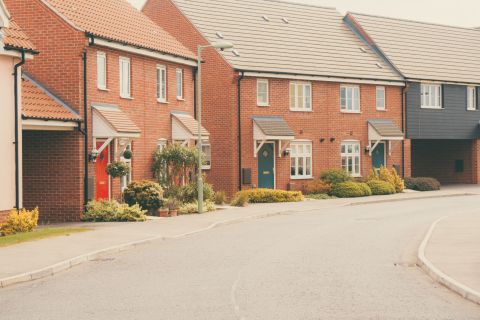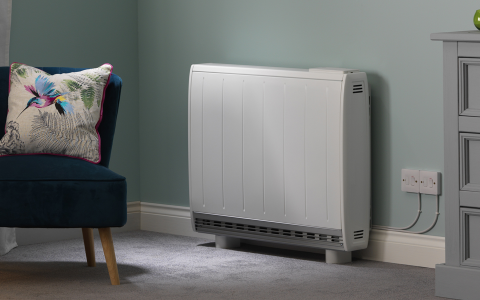The CCC’s June 2020 Emissions Progress Report
The Committee on Climate Change’s (CCC) most recent update on how the UK is progressing towards the achievement of emissions-based targets, such as net zero by 2050 and the carbon budgets, has certainly been listened to. There is no doubt that it influenced the Chancellor's recent Summer Economic Update and the decision to target a green recovery from the Covid-19 crisis.
So, what does the CCC see as the future of construction and what can be done to prepare for the changes this will make to HVAC specification?
We have summarised key industry insights in our 196-page report, structured by most commonly asked questions
Our report covers :
- How has lockdown affected the UK’s emissions progress?
- Has investment in low carbon solutions been shown to be commercially beneficial?
- Is the carbon tax scheme in London going to be applied to the whole of the UK? What does this mean for the development of upcoming regulation changes?
- Will Government address the cost difference between electricity and gas?
Our range of HVAC solutions aim to provide future proof technologies to building projects over various sectors.
Top tips for a comforting sleep environment
If you find yourself tossing and turning at night, struggling to get to sleep, it may well be that your environment is to blame.

A Futurebuild Exclusive – Primary Energy Report
Industry events are a good platform to understand about future affecting the construction industry. This is why we are launching our newest report and seminar event at Futurebuild 2019 on a transition expected in the Part L update, which will change the focus of compliance.

UK housing: Fit for the future?
On the 21st February 2019, the Committee on Climate Change(CCC) released their report on whether UK homes are fit for the future in regards to the challenges of climate change.











